CSUN’s Botanic Garden Ranked as One of the 50 Most Amazing University Botanic Gardens in United States
NORTHRIDGE, Calif., Sept. 16, 2015) — California State University Northridge’s Botanic Garden has been named one of the 50 “most amazing” university botanic gardens in the United States by Best Colleges Online. Other schools on the list included the University of California, Berkeley, the University of Chicago, the University of Washington, Cornell University and the University of California, Davis.
The rating and ranking methodology considered a garden’s number of species, conservation and education, if it received awards and recognition, and if it had a connected degree program.
Garden manager Brenda Kanno said CSUN most likely won the recognition for having more than 1,000 different species of plants, representing endangered species, educational outreach programs and a connected degree program. The garden also has a greenhouse, which is home to many different kinds of special plants.
Kanno said CSUN is fortunate to have such a populous botanic garden — which differs from other types of gardens due to its academic nature — considering the university has a biology department, not a separate horticulture or botany program.
“If you go to comparable campuses, they may be lucky to have one small greenhouse and are less likely to have a botanic garden,” Kanno said.
She said the botanic garden is “special” because CSUN is located in an urban area where nature is less apparent on an everyday basis.
“If you consider most campuses of the CSU system, many are in locations where the outdoors is very much a part of the everyday lives of people who go to that school,” Kanno said. “Here in Los Angeles, while there are aficionados of the outdoors, that may or may not be true of many of the students and faculty here. They participate in more indoor activities, but get to enjoy nature by visiting the Botanic Garden.”
Kanno said some plants in the garden are suffering because of the drought. The garden’s Coast Redwood tree has needed extra watering due to a low water table. They are also replacing their New Zealand garden with less water-needy plants.
Although the biology department does not offer a program in horticulture or botany, chair Larry Allen said the garden is an important part of research for faculty and biology students.
“A number of our botanical types of classes with laboratory requirements set up experiments out there and use different growth conditions for different plants,” Allen said. “Intro biology classes such as Biology 100, which teach about 1,500-1,600 students per year, provide a hands-on experience, which is important for all levels.”
The garden is open to volunteers and gardening clubs, and also offers tours to the general public, K-12 student field trips and college students. Allen said the Sherman Oaks and Toluca Lake garden clubs even provide scholarships to the students who are engaged in horticulture-related studies.
The garden hosts several public events during the year. The most recent was a workshop on raised-bed gardening as a part of the CSUN-al gardening series. The next events are “Remarkable Bulbs to Know and Grow” in October, and a rose pruning workshop. In alternate years, there are fruit tree pruning classes in January. One of the most popular classes is on tomatoes, which grow almost year-round in Southern California.
Students often stumble upon the garden and find it a nice surprise, Kanno said, adding sometimes people don’t notice how plants add to life and take greenery for granted.
“Plants add to the positive experience of life, more just than providing oxygen we need to survive,” she said. “If you imagine this campus without any plants in it, that would be very depressing — it would just be buildings and sidewalks and parking structures. Plants really give a vitality to the landscape.”
The Botanic Garden is located on Lindley Avenue between the University Student Union and Chaparral Hall. It is open Monday through Friday from 8 a.m. to 4:45 p.m. For more information about the Botanic Garden, visit http://www.csun.edu/botanicgarden.

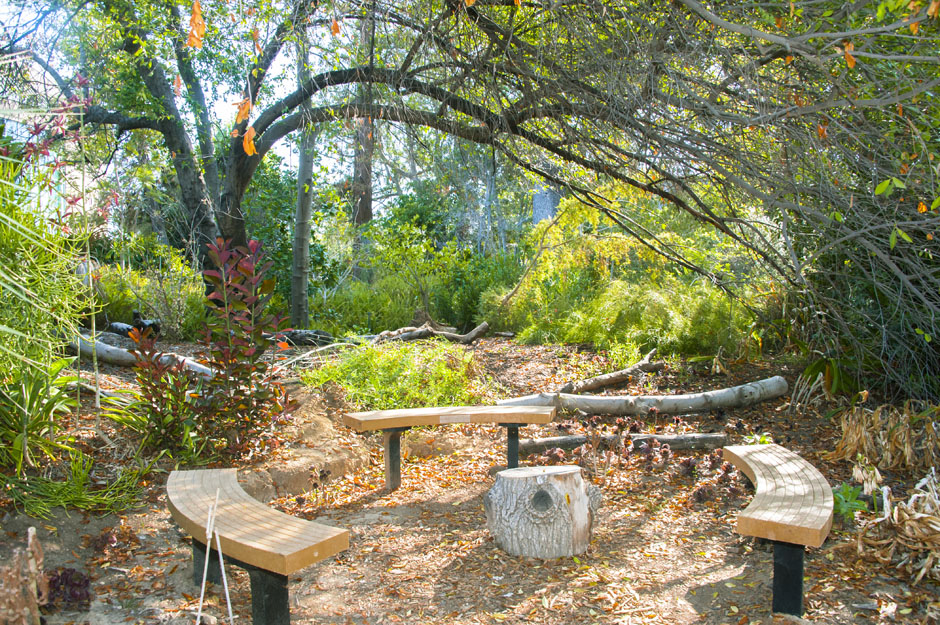
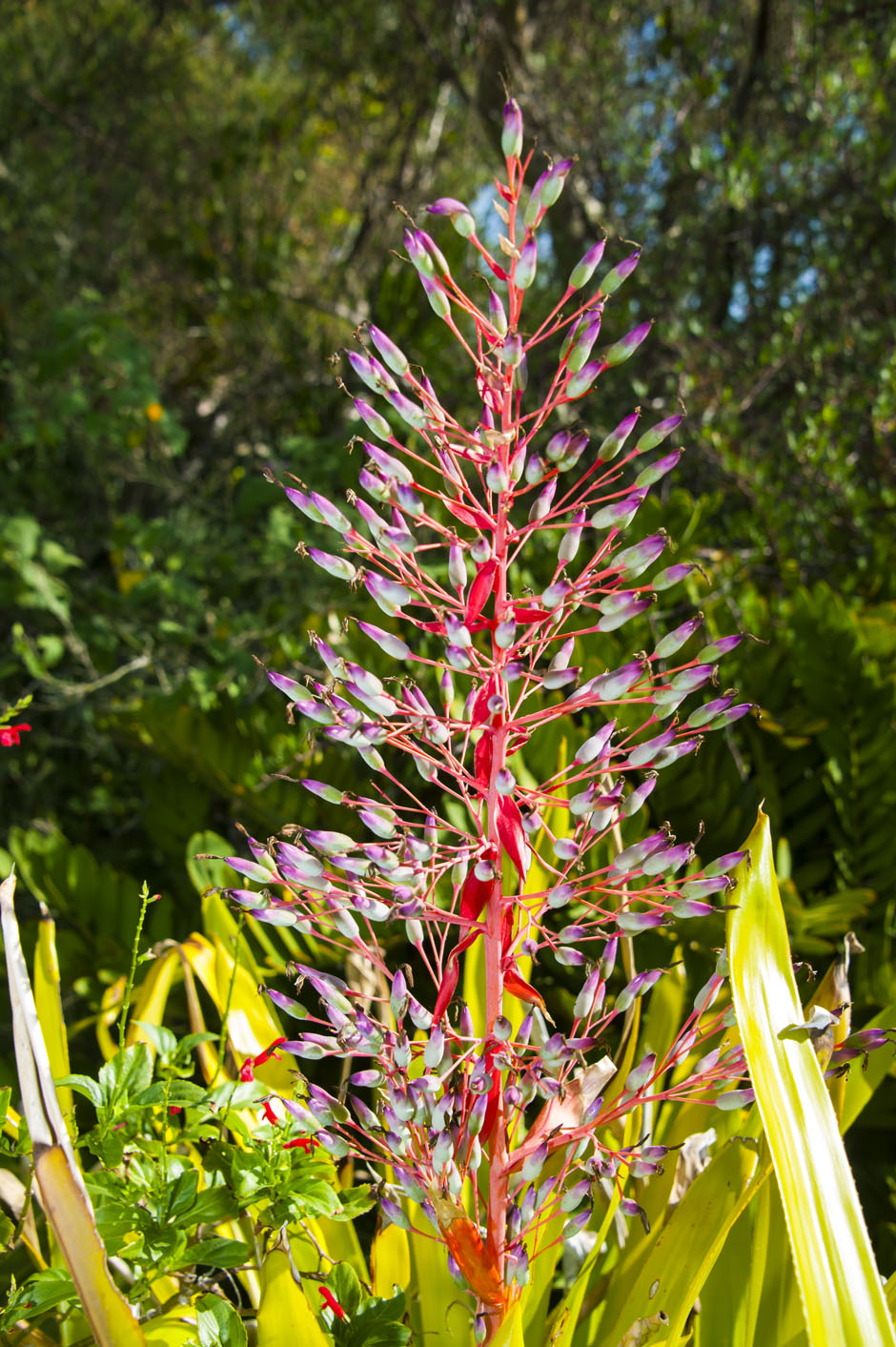
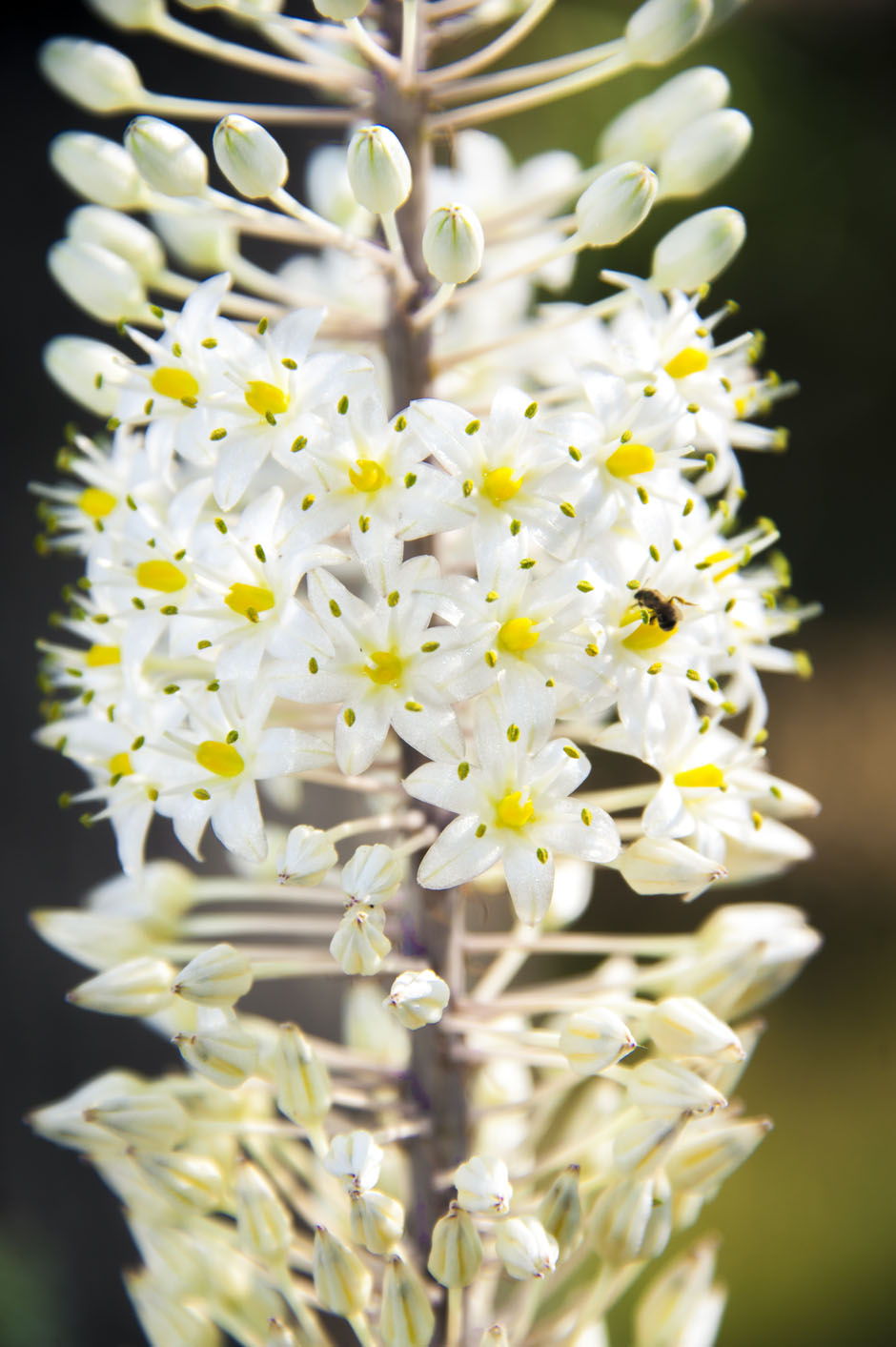
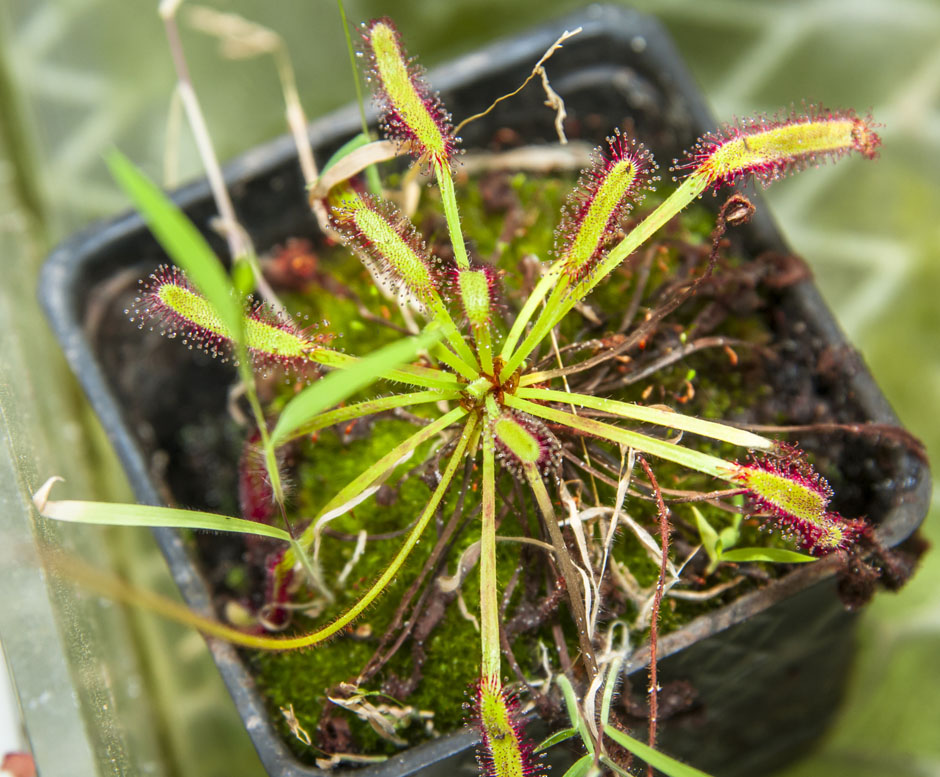
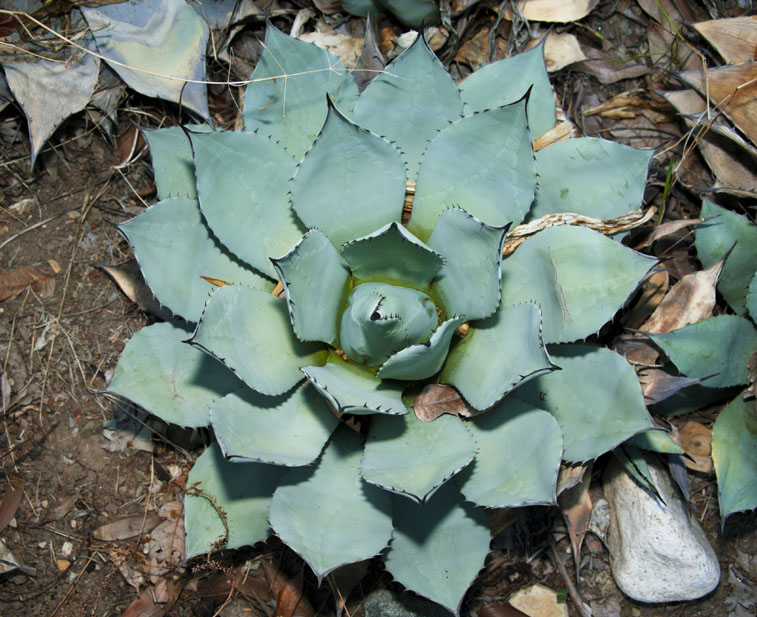
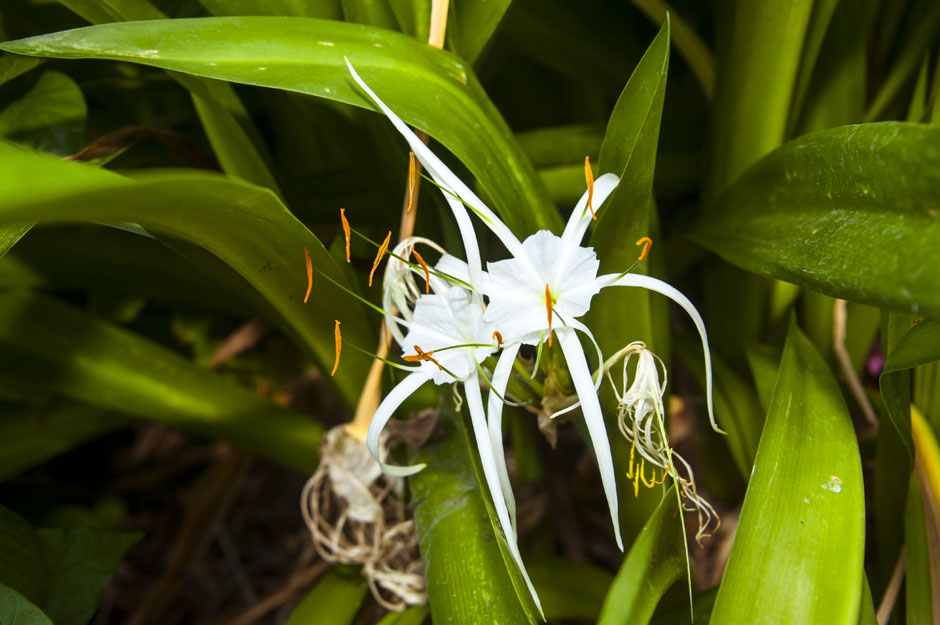
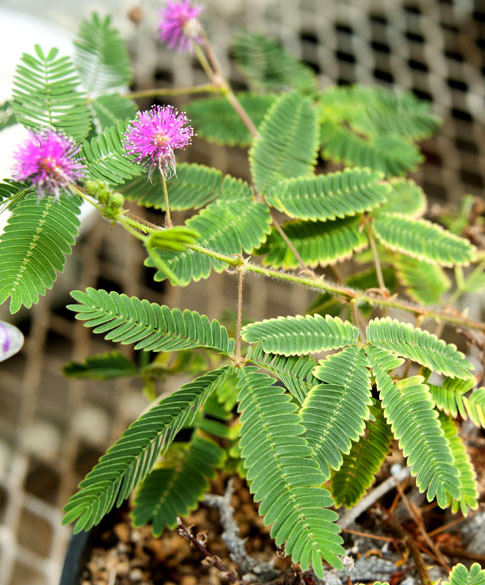
 experience
experience